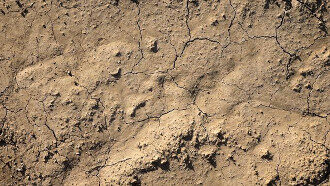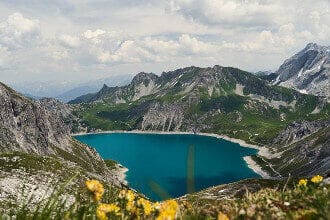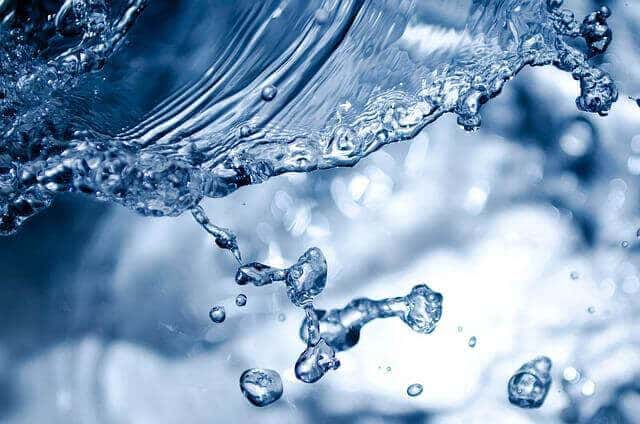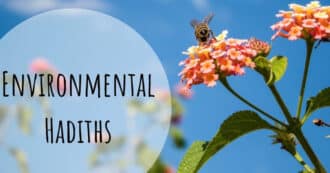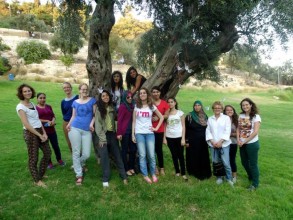By Sydney Cohen – Water trading refers to “the process of buying and selling water access entitlements, also often called water rights. The terms of the trade can be either permanent or temporary, depending on the legal status of the water rights.”
“Some of the western states of the United States, Israel, Chile, South Africa, Australia, Iran and Spain‘s Canary Islands have water trading schemes…Some other countries, especially in South Asia, also have informal water trading schemes. Water markets tend to be local and informal, as opposed to more formal schemes.”
However, most of the countries in the global north that engage in water trading encompass it into their formal markets.
Water Trading
Water trading is the purchase or sale of access rights to the water, sometimes called rights, taking place within water markets. Trade conditions may vary according to the legal status of the water rights. Various countries, including South Asia, also run informal water trade arrangements. Water prices are generally local and are in the sect of informal economics rather than formal.
Water trading works to combat water scarcity in the world. The pricing of water allows for water supply to meet water demand, as corporations buy shares in the world’s water supplies.
However, the process of water trading has received some controversy. Some “say creating a water futures market won’t solve the bigger problem of what’s causing the dearth of water availability in the first place. ‘Water scarcity is not primarily driven by individual farmers making bad choices about using water’…says Basav Sen, climate justice project director at the Institute for Policy Studies. Rather…it’s the burning of fossil fuels, which drives climate change, and the agribusiness empire — which can harm water quality through chemical and animal waste runoff — that must be changed to ensure there’s enough clean water for everyone.”
What are Water Markets?
Water markets provide institutional and retail trading platforms that can speculate about water prices. They allow people to invest in water trading, which ultimately privatizes water.
While the privatization of water has been seen as widely controversial, ultimately, by engaging in water markets, we ensure the rationing and allocating of water for many future generations, as climate change progresses.
What is a Futures Market?
The fundamental principle of a futures market is that a buyer will purchase a specified quantity of an asset at a certain price, and the buyer is also required to sell this amount of an asset at a price. A futures agreement refers to negotiating an agreement for a future purchase. In simple terms, futures contracts are agreements to negotiate for a future transaction.
Water Futures Market
The water futures market has emerged in recent years as the threat of climate change progresses. Farmers, hedge funds, and municipalities investing in water trading have become increasingly more common, “joining gold, oil and other commodities that are traded on Wall Street.” Water futures contracts are a way for traders to bet on a future price, and therefore, access to water for the next decades as scarcity conditions exacerbate.
Hedge Funds and Investing
Last year, “the Chicago Mercantile Exchange started the first-ever futures market for water, meaning farmers, as well as investors, municipalities and hedge funds, can buy a legal agreement known as a ‘futures contract’ that locks in a predetermined price for water that will be used in the future.”
“If an event like drought drives up the price, the contract seller must make up the difference (and vice versa) if it drops. This kind of speculative trading has long been done for commodities, such as gold or oil, but not for a life-sustaining resource such as water.”
Water Trading for Conservation
In areas that are suffering a drought, water trading provides the conservation and longevity of available water resources. According to OpenMarkets, “California water is very much a ‘market,‘ valued at $1.1 billion according WestWater Research, and it’s a market that has evolved to the point where, some argue, it’s ready for an exchange-traded financial vehicle, like a futures contract, to help farmers and other stakeholders gain greater visibility into market conditions and better manage risks.”
“In December, CME Group launched a futures contract based on the Nasdaq Veles California Water Index (ticker symbol H2O). The index tracks the price of water rights leases and sales transactions across the five largest and most actively traded regions in California.”
Environmental Outcomes of Water Trading
Water trading allows for productive water allocations. Water markets also provide a clear measure of the value of water and encourage conservation.
“Potential environmental benefits of trading can also include improved instream water quality, because water will not be diverted to the least economically productive users. Trading also re-allocates risk, whereas the prior appropriation system inefficiently and unequally allocates water and risk among similar users.”
While putting a price on water may seem like an absurd idea, if done correctly, it can actually conserve the quality of our water resources, and make water accessibility as productive as possible.
Water Trading and Religion
Genesis 26:20 – the Herdsmen of Gerar Quarreled with Isaac’s Herdsmen, Saying, “the Water Is Ours.” He Named That Well Esek [contention], Because They Contended with Him.
Water Wars by Rabbi Yuval Cherlow, Eco Bible Volume 1
Isaac’s conflict with the Philistines and the people of Gerar is rooted in the age-old struggle for scarce water. The shepherds of Gerar claim, “The water is ours,” and effectively expel Isaac from the area of the well in contention, forcing him to find a new source of water. The Philistines go further, filling the wells Isaac used with dirt rather than sharing them with him. So fierce is their enmity that they destroyed some of their own vital water sources to expel him and attain their political end.
Access to fresh water is arguably the primary environmental issue in the history of humankind. Our need for clean water is the concern that requires us to directly face the undeniable and harsh consequences of depleting a critically limited natural resource.
The narrative of Isaac and the wells offers us insight into how to deal with the contemporary water crisis. The first teaching is the necessity to protect natural resources from destruction in times of conflict and war. The deliberate destruction of the wells by the Philistines, to expel Isaac from their midst, illustrates the danger of war fought without regard for the environment. The Torah places limits on how harshly we respond during war. It forbids us from wantonly destroying fruit-bearing trees as a military tactic. Even in the midst of struggle, we must consider the “day after” and understand the profound need for sustainability for both sides of the conflict.
The narrative continues with Isaac developing additional water sources after being forced to abandon the wells of his father, as well as some of his own. He continuously searches for new sources of water. We too are bound by the unremitting task of expanding and protecting our water resources, rather than relying solely on our current “wells.”
Water Is Life!
There are many ways to increase access to potable water. One is to capture rainwater, instead of letting it run off into the sea. Another highly successful method is recycling and purifying waste water, as is commonly done in Israel’s agricultural sector and increasingly in other countries. In addition, the Israeli invention of drip irrigation in 1965 revolutionized agriculture. Implemented in over 110 countries, over 150 billion dripper mechanisms have been sold.
The ethics for wise and appropriate water consumption practices are included in the general prohibition of wanton destruction (Ba’al Tashchit). Due to the direct connection between water and life, the conservation of water also becomes a Jewish legal obligation.
The Necessity of Sharing Water
In the semi-arid and arid Middle East, the lack of fresh water often adds fuel to the existing political conflagrations. Climate change is making the Middle East drier and water scarcer. Some scientists understand the 2006–7 drought – the worst in 900 years – to be a key driver of the Syrian civil and regional war.
May we look to a future where peace between nations is fostered by our shared water resources.
* Featured image source


